University of Bristol creates a new Chair and Fellowships in Academic Research Quality and Improvement
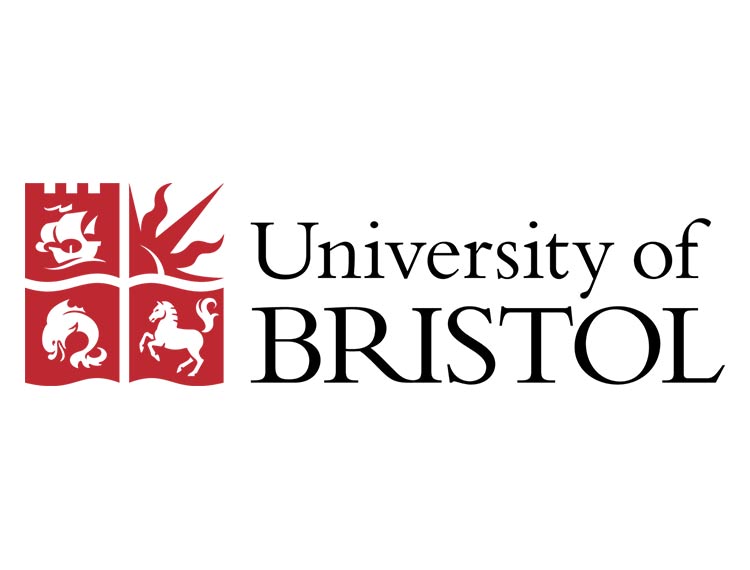
Bristol is already driving change in this area through its support for the UK Reproducibility Network, led by Professor Marcus Munafò and colleagues at a number of UK universities. The network involves researchers, universities, and a range of stakeholders in promoting the adoption of initiatives intended to improve research quality.
The new Chair will build on this through the establishment of a Centre for Academic Research Quality and Improvement, which will explore the factors that strengthen the robustness of scientific research and identify ways in which to integrate those as standard components of research practice.
The Centre will be based in Bristol’s Faculty of Life Sciences and will comprise the Chair and six Research Fellows over a period of ten years. The Centre is also linked to six existing PhD studentships in this field, at Bristol and other UKRN institutions.
The creation of the new Chair, Fellowships and PhD studentships has been made possible thanks to the vision of Professor John Climax, and his commitment to improving the rigour of scientific research across the world.
Professor John Climax said: “This is an important initiative by the University of Bristol, which I believe will gain significant traction at other institutions. I am hopeful that in the years to come, all scientific research carried out in the UK will bear the hallmark of research integrity and reproducibility.”
Professor Marcus Munafò said: “I’m extremely excited by the potential for this Centre – there is a great deal of interest in research culture and quality at the moment, and this investment will allow us to establish Bristol and the UK at the forefront of efforts to improve academic research quality.”
Professor Jeremy Tavaré, Dean of Bristol’s Faculty of Life Sciences, said: “We are grateful to Professor Climax for this generous donation that will help develop this emerging new discipline and provide us with insights into how best to optimise the quality of the work that we do, and so accelerate the benefits to society of our research.”
The team, who are yet to be appointed, will commence work mid-2020.



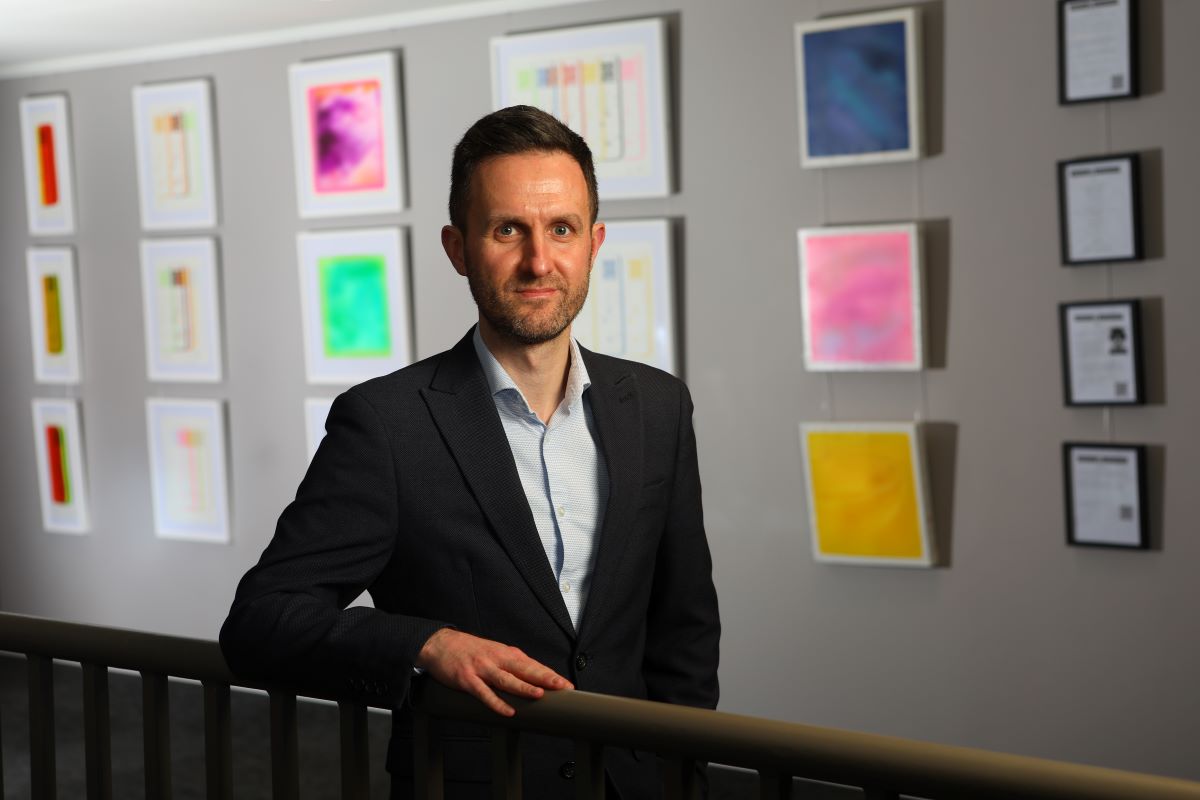
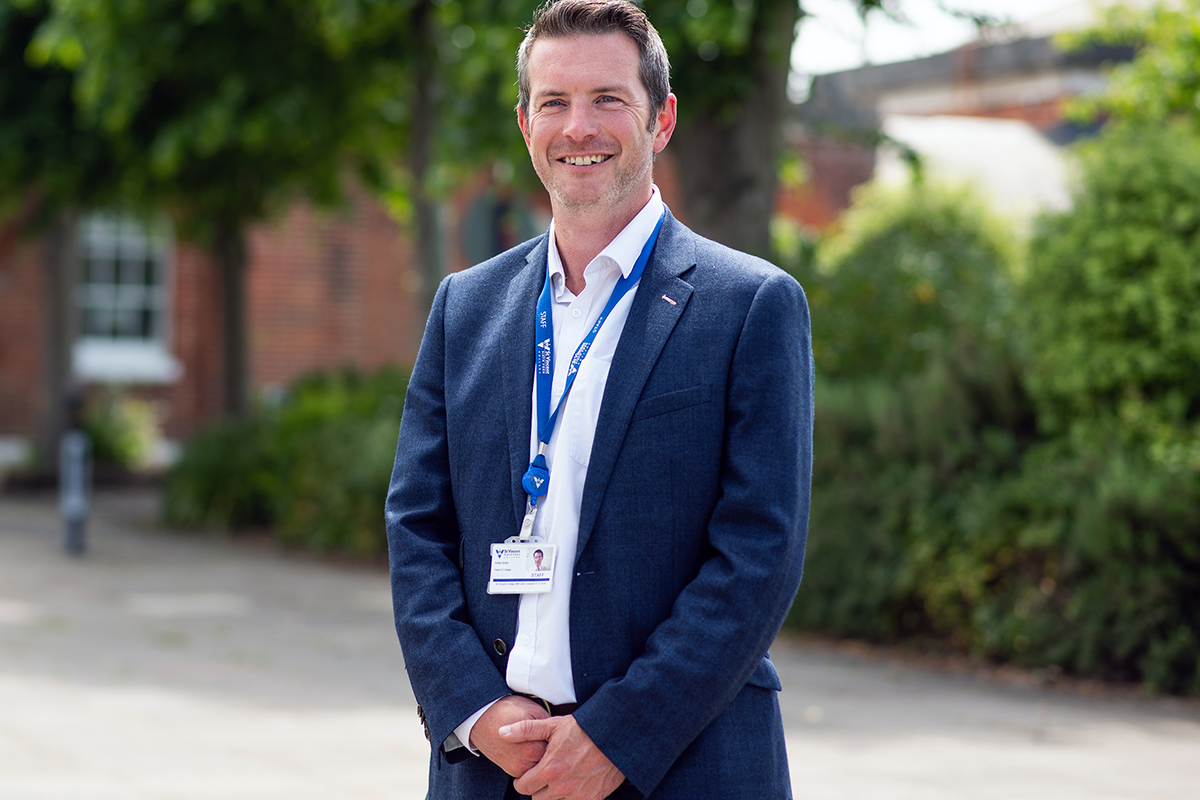
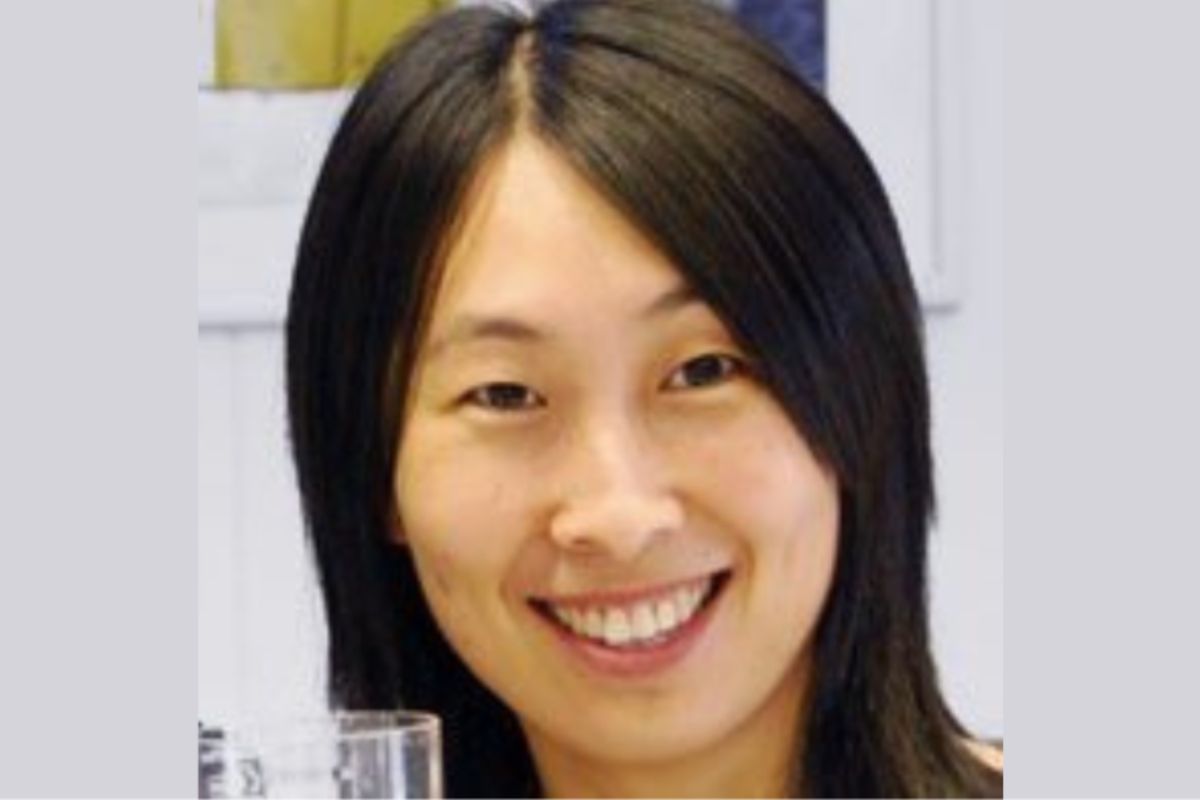



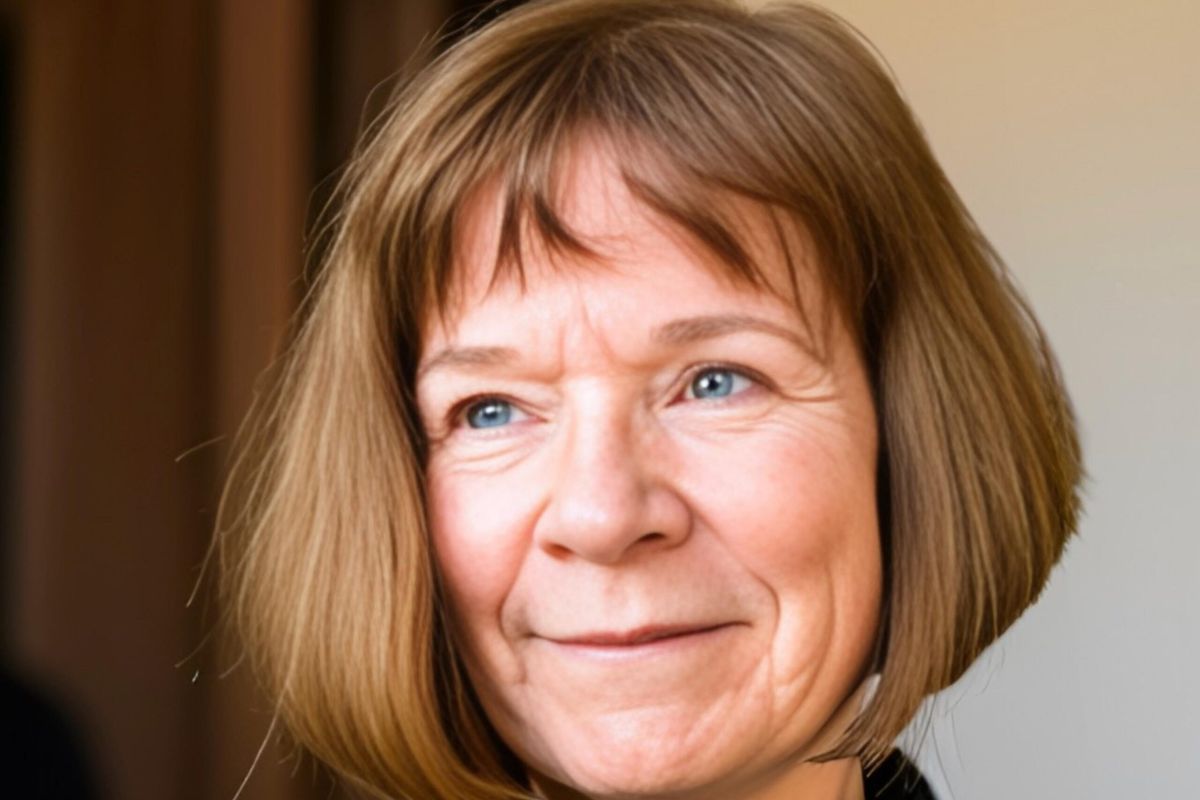
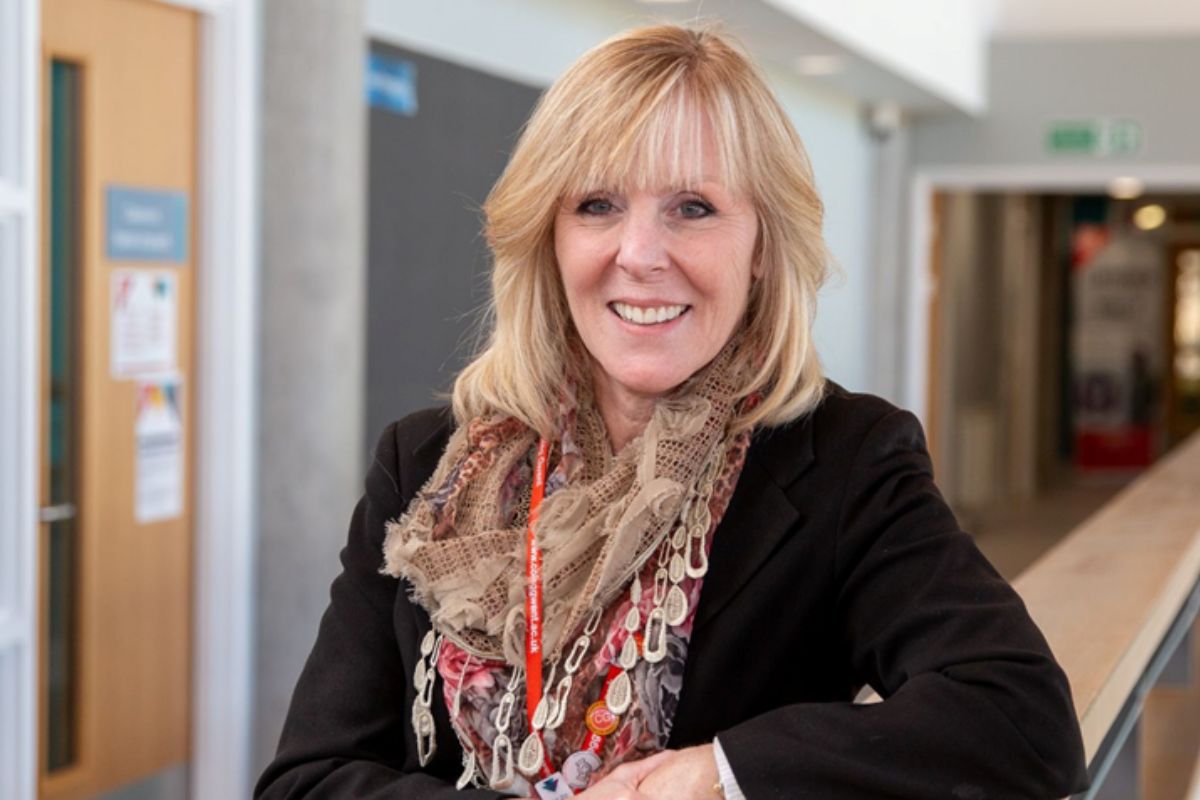

Responses